
Right Brain Research Studies
Studies conducted with Dr. Charles Kenny and Right Brain People.
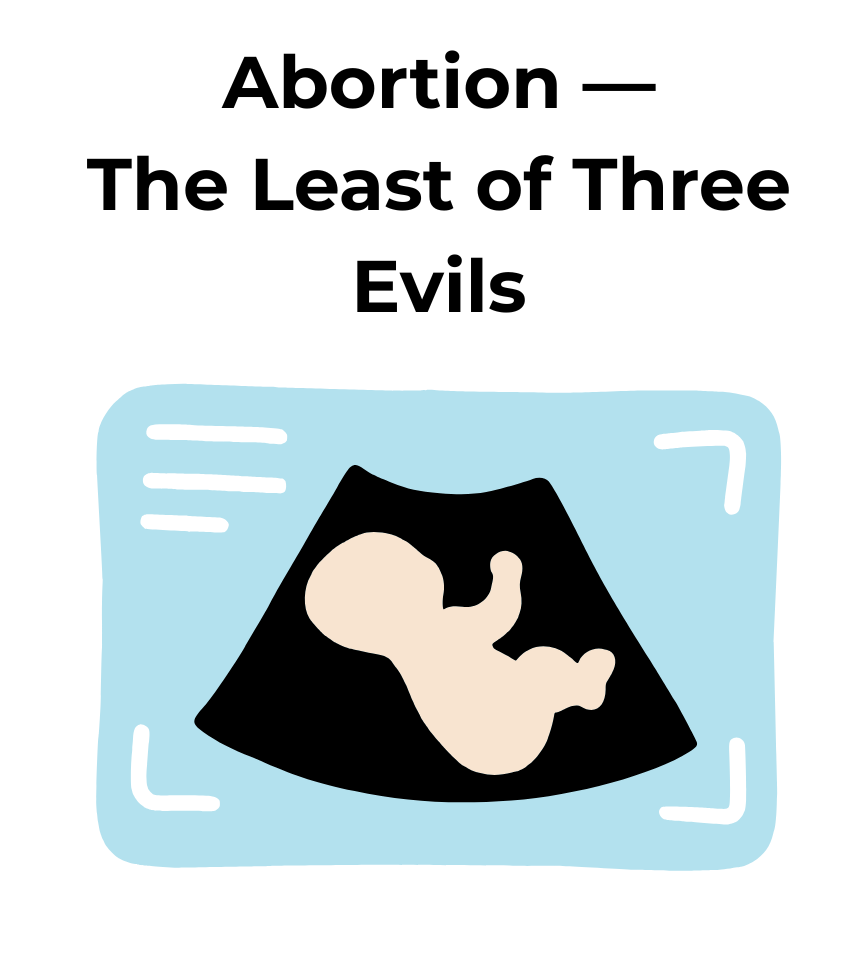
Understanding why women feel the way they do about abortion and how to reduce the number of people who support abortion.
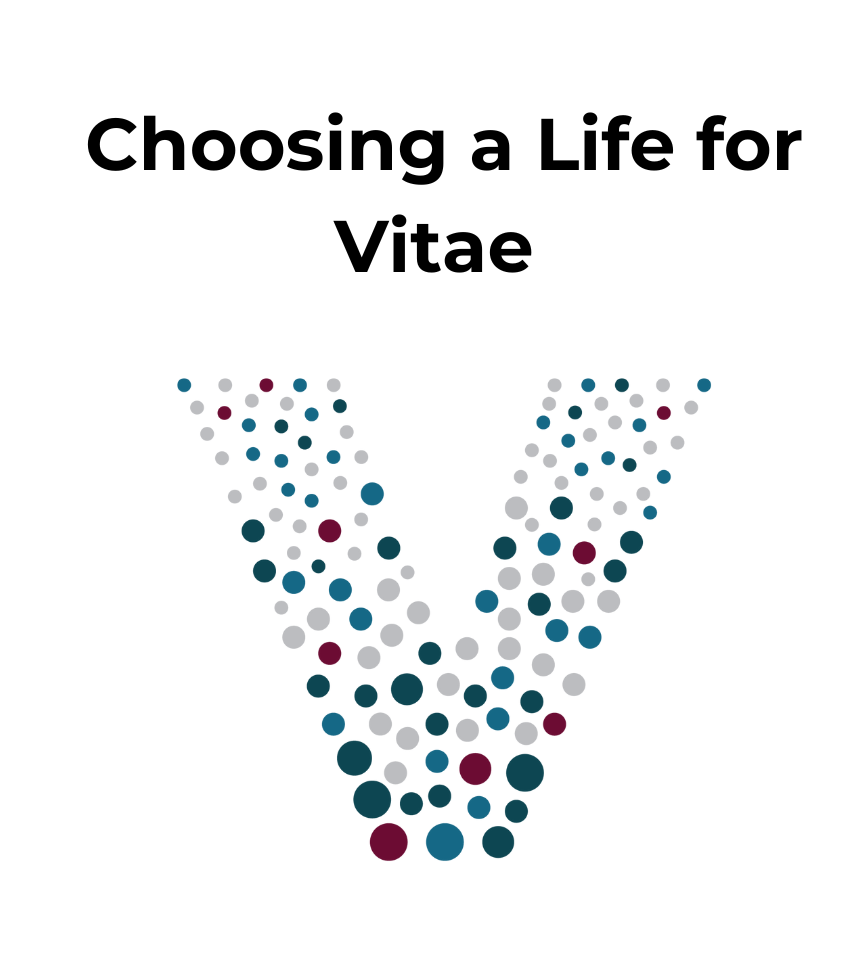
A synthesis of Vitae’s prior research study findings.
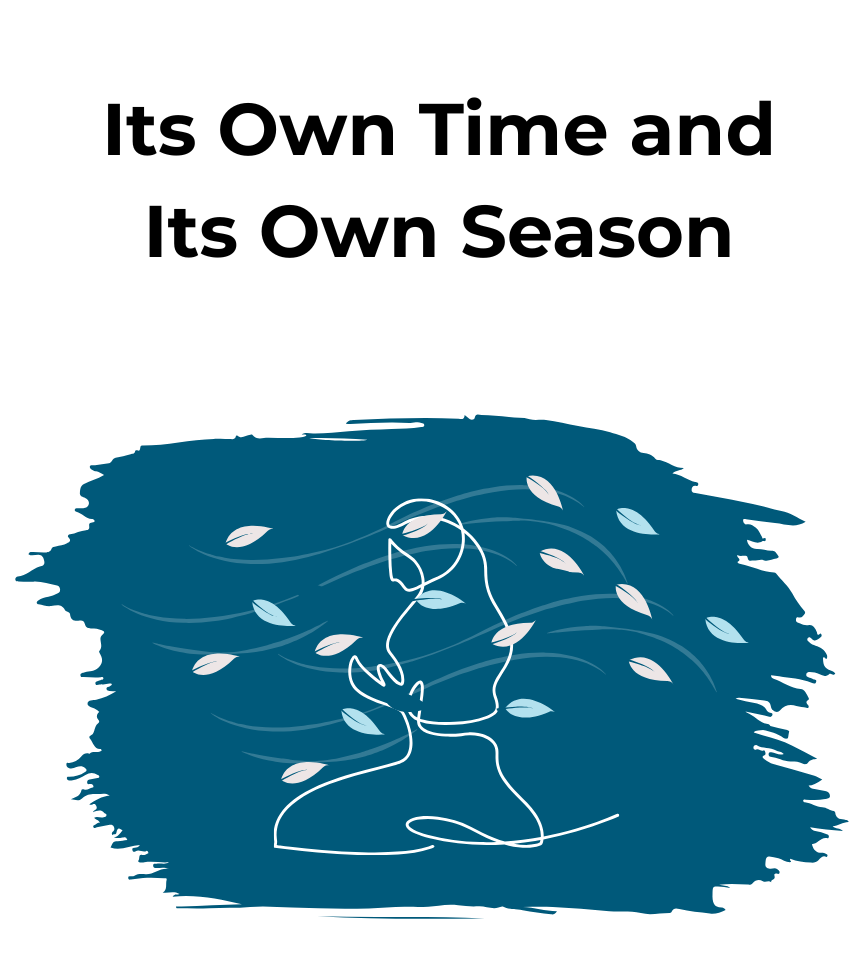
How women make decisions about unexpected pregnancies.

Understanding what drives young people to change or retain their attitudes and feelings about abortion as they emerge into adulthood.
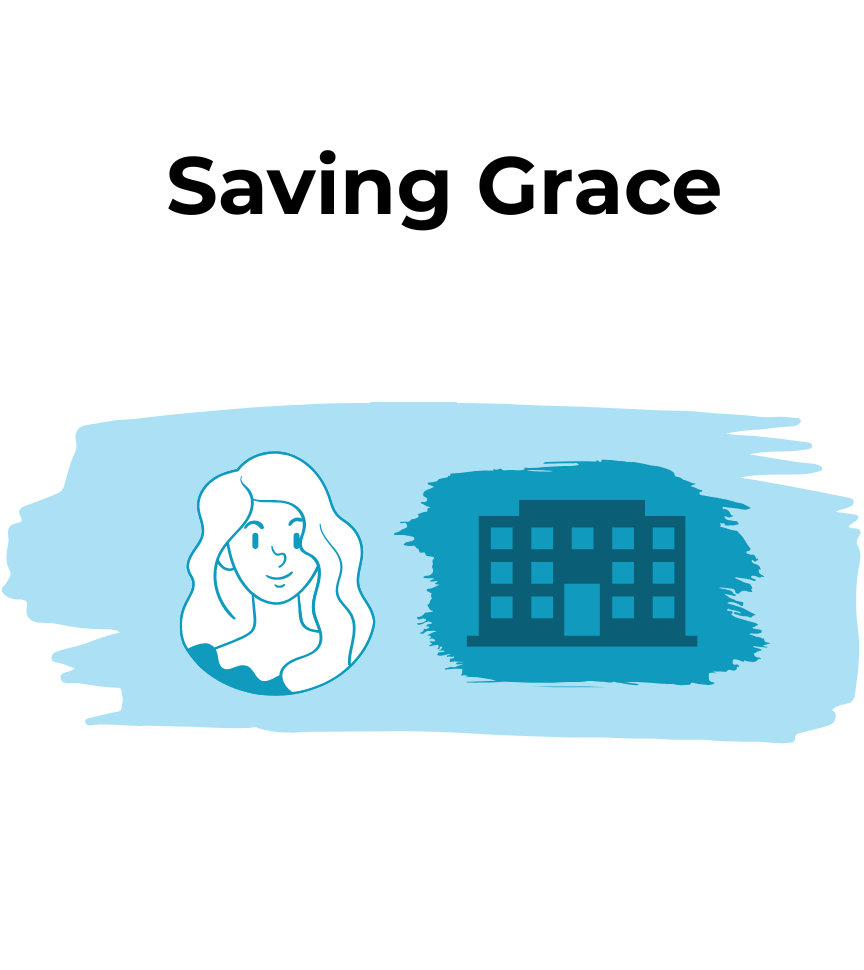
Examining the Planned Parenthood brand.
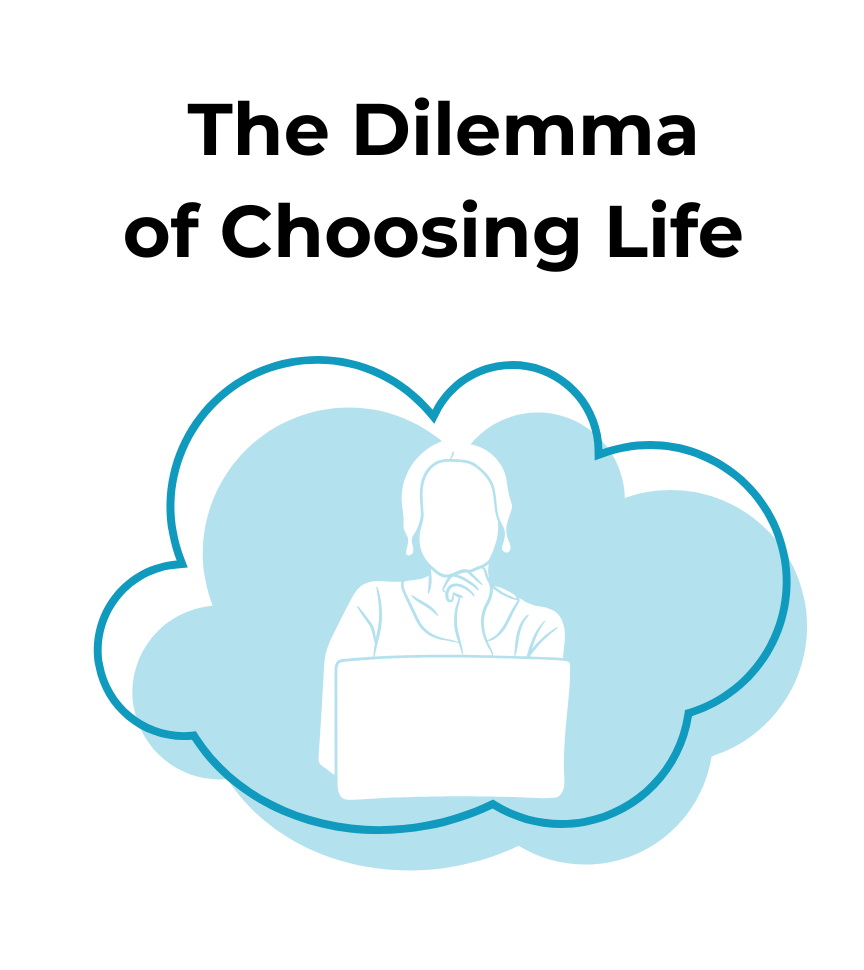
Understanding what drives teen attitudes and feelings about abortion and, secondarily, about sexual activity.

The Right Brain approach to understanding why women want to become pregnant and why those who don’t, don’t.
Emotional Research Studies

A two-part study exploring how cultural factors and emotional motivators affect minority women’s perceptions on abortion.
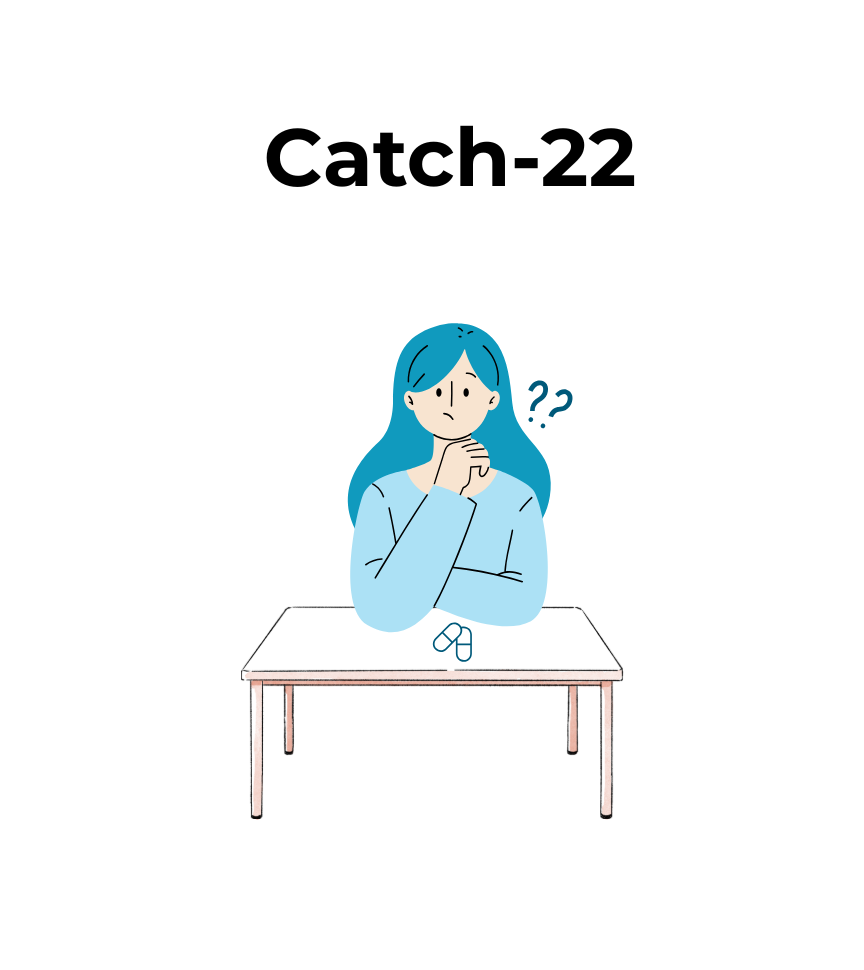
The perception of the abortion pill.

Why women choose to reverse their abortion.
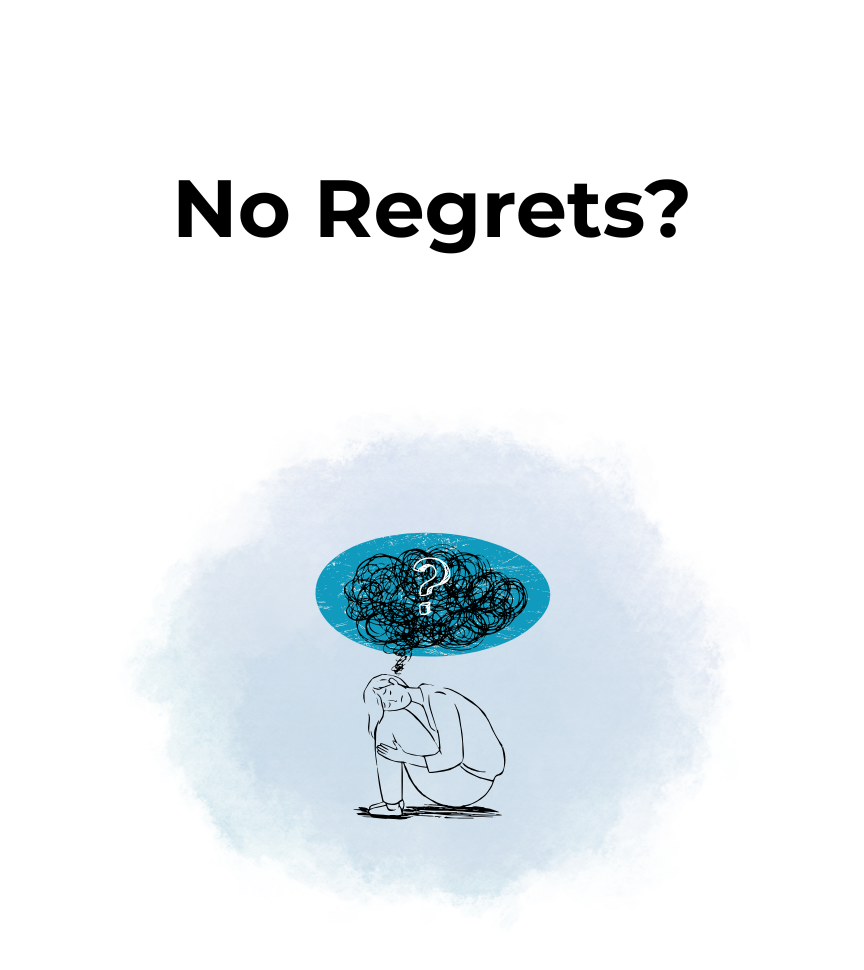
How to reach people with healing resources after an abortion decision.
Research Study Articles

Lifesaving Right Brain Research
A broad examination of Vitae Foundation’s research study Abortion—The Least of Three Evils, integrating the insights of Paul Swope’s First Things article on effective communication.

Abortion: A Failure to Communicate
Examining Vitae Foundation’s study Abortion—The Least of Three Evils, on why women who believe abortion is morally wrong can accept it under certain circumstances.

A New Understanding of the Trauma of Abortion
This article published by The American Thinker dives into the psychological dimensions of abortion decision-making.

Saving Grace: The Planned Parenthood Brand & Branding PHCs
A deep dive into Vitae Foundation’s Saving Grace study, which sought to understand the average Planned Parenthood customer.
Research Impact
Current Projects
Current Projects
Research from Vitae Foundation has been used for over 30 years by pregnancy centers, churches, healing ministries and other pro-life non-profits.

2025 Men’s Study: a new study focused on men and the impact of abortion. By listening to their fears, concerns and perspectives, we aim to develop powerful communication strategies that can shift the cultural narrative. We want to learn how men respond emotionally to the abortion issue, interact with their preborn child’s mother when facing an unexpected pregnancy and discover how to develop messages that will help men truly support the women in their lives.
